Sustainable Diet UN CC:e-Learn course
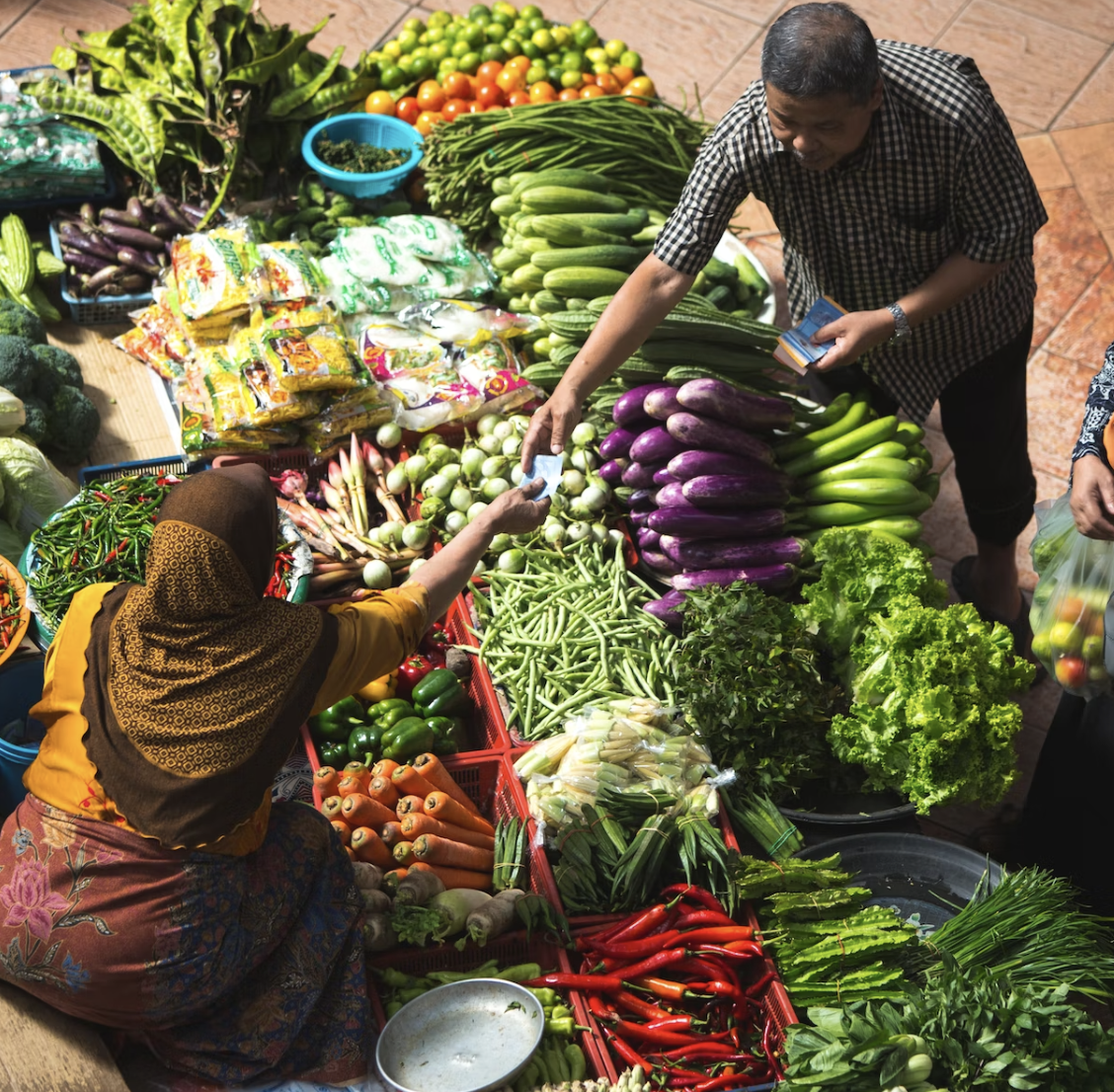
- Level: Introductory
- Time commitment: 2 hours
- Learning product: online course (self-paced)
- Sector: agriculture, economy
- Language: English, Indonesian, Portuguese
- Certificate available: from UN CC:e-Learn website
This course is hosted on UN CC:e-Learn. Please find the Sustainable diet course where you can enrol for full access.
Introduction
Be a part of the sustainable food revolution. This UN CC: e-Learn course will support you to learn how your food habits and daily choices are affecting your health and that of the planet. You will gain the skills and knowledge to make your diet healthier and more sustainable.
Institutional background and trainers
This course forms part of the “One Planet. One Health” e-learning series produced by UN CC:e-Learn with the support of Danone.
Who is this course for
The module provides clear, concise and up-to-date information for anybody interested in obtaining a general understanding of sustainable diets, food choices and strategies to address consumption issues and help individuals to take action to counter climate change and lead a sustainable and healthy lifestyle. It should be of particular interest to the following audiences:
- Managers in private sector and civil society organizations active in the area of climate change and/or diet or health;
- Health professionals wishing to improve their understanding of the risks of climate change to health;
- Researchers and students; and
- Interested citizens
After completing the course you will be able to:
- Explain what is at stake: how your food choices affect your health and the environment?
- Make better food choices that consider both human and planetary well-being
- Identify ways in which changing your diet makes a positive impact
- Develop a personal sustainable and healthy diet plan or project
Course content
The course consists of 8 lessons culminating in an option to develop a personal pledge:
- Our Choices Matter: How the way we consume and produce food affects our health and the planet.
- Better Farming: Why should we pay attention to farming methods?
- Buying Food Locally: Why should we care where our food comes from?
- Is Processed Food Bad?: Is processed food always unhealthy?
- Reading the Labels: How to get the right information for a better food choice?
- Food Waste and Packaging: When is packaging necessary, when and how can it be avoided?
- Changing Eating Habits: How to change eating habits for a healthier, sustainable lifestyle?
- My Plate, My Pledge: What will you do to improve your health and that of the planet?
Learning Outcomes
After this course you will be able to:
- Explain how food is linked to big environmental issues.
- Describe the benefits of healthy food for you and for the planet.
- Explain how your food choices can have an impact on the planet and other people.
- Identify some of the main challenges related to modern agriculture
- Explain the health and environmental benefits related to regenerative, sustainable farming
- Compare products by weighing in social and environmental factors of their production
- Explain what food processing is and why do we need it.
- Identify benefits and risks associated with food processing.
- Discuss the impact of various processed foods on your health.
- Identify information on food labels that is important to you.
- Make informed choices when shopping for food that is good for your health and the planet.
- Construct nutritious and well-balanced meals.
- Discuss how food waste and packaging affects nature, societies and economies.
- Distinguish instances when food packaging is necessary and when it can be avoided.
- Identify strategies to prevent, reduce, or recycle food waste and packaging.
- Explain why we all need to take action to make our food systems more sustainable.
- Identify actions you can take to make your diet more sustainable.
- Discuss the connection you have to food and its importance in your life.
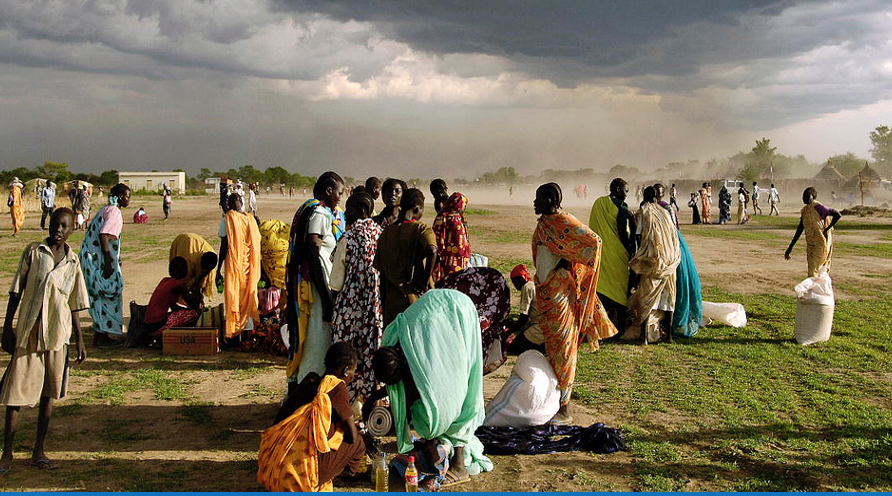
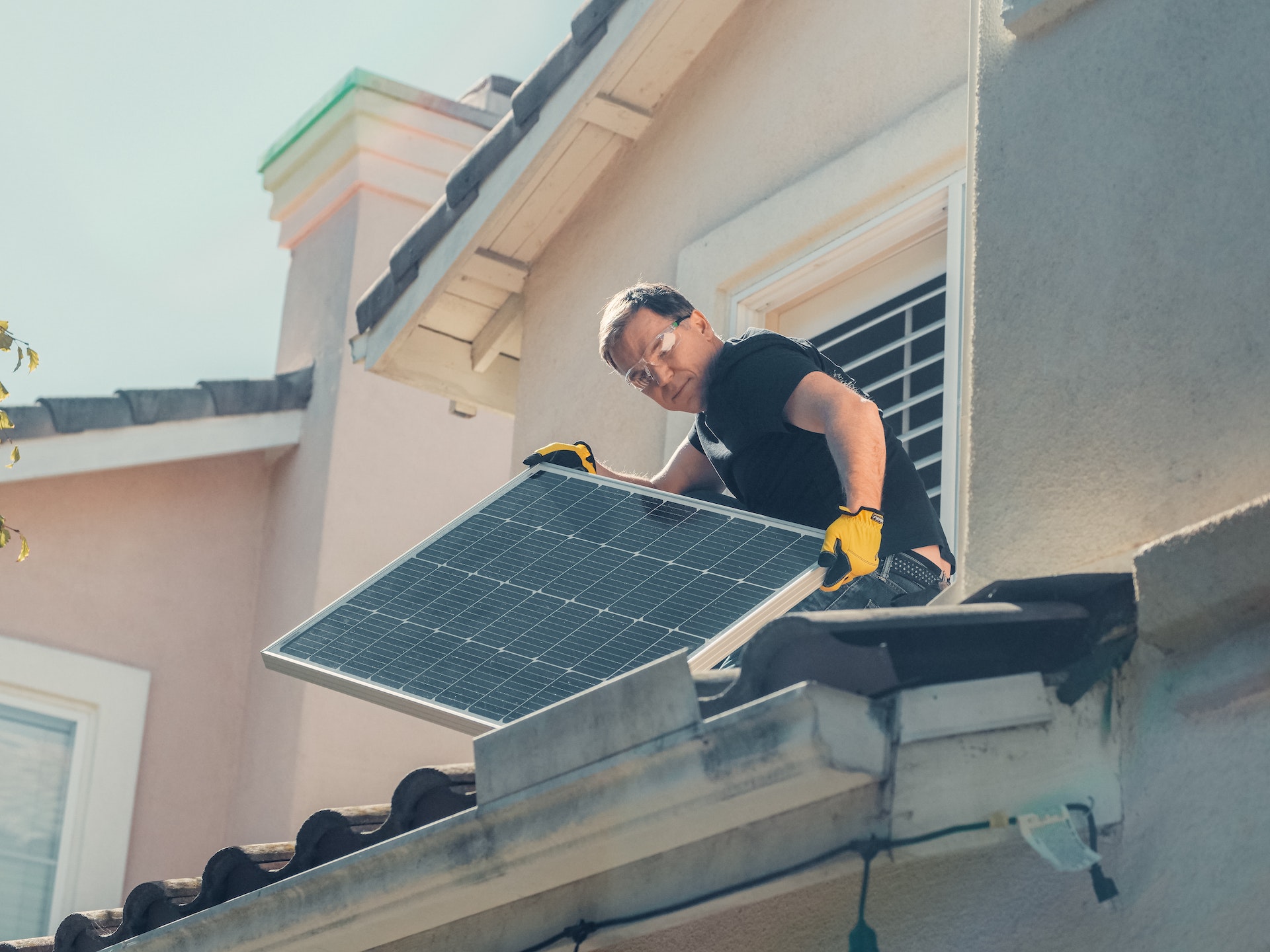
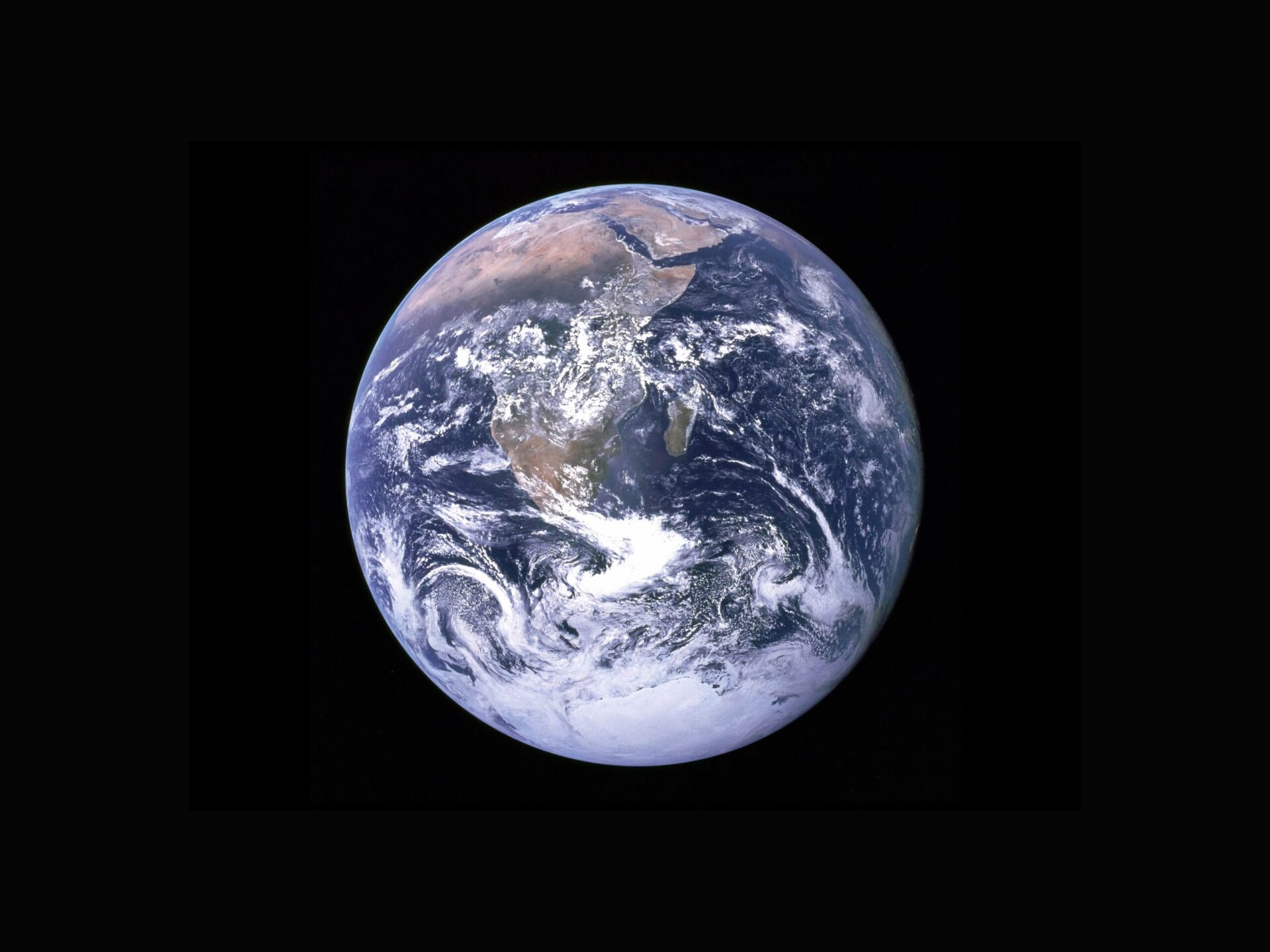
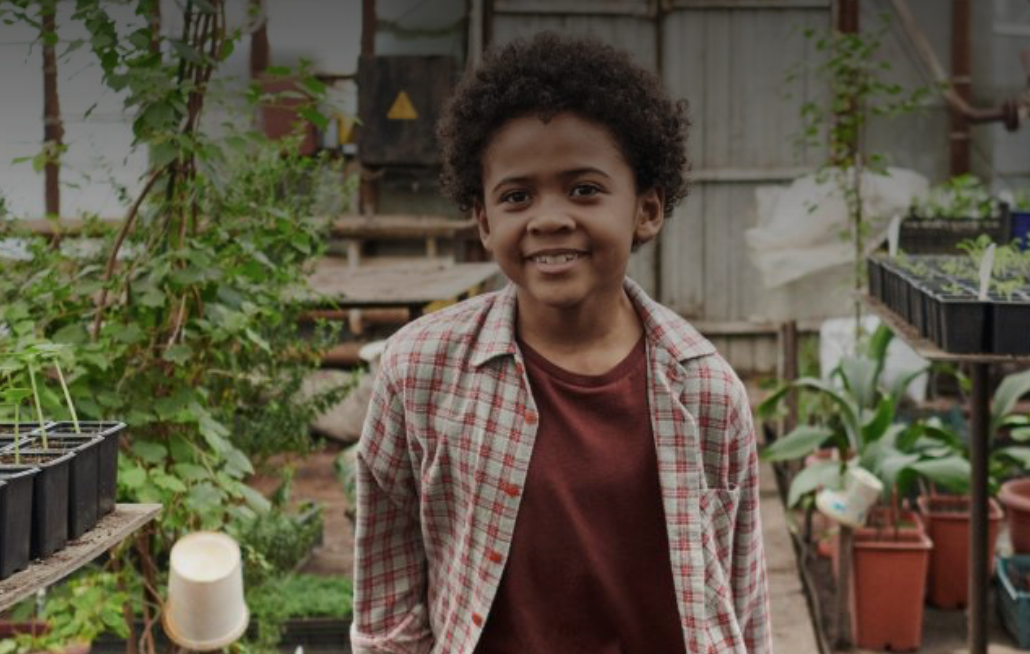
(0) Comments
There is no content